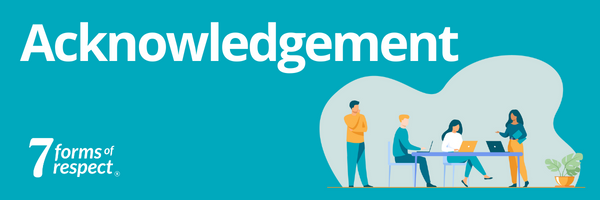
In this post, we will be going in-depth on “Acknowledgement” as a form of respect. The 7 FoR include: procedure, punctuality, information, candor, consideration, acknowledgement and attention. Acknowledgement focuses on communicating that you recognize people’s work, talents, and contributions, publicly or privately.
How Acknowledgement shows up in everyday life
Imagine you work at a company that has a culture of public acknowledgement, which you know makes the top performer on your team cringe. He has told you repeatedly he does not want public recognition for his work. His latest contribution led to one of the biggest innovations at the company in recent history. You are asked to celebrate him at the company-wide meeting.
Do you publicly praise this employee, despite his expressed wishes not to be recognized? If so, you’ll be adhering to a company culture that prefers to demonstrate respect through Acknowledgement.
If you decide not to mention the employee, you are giving him Consideration and also a lack of Acknowledgement, which is what he has asked for in the past.
Reflect on people in your life or past experiences that may have influenced how you prefer to be acknowledged.
If Acknowledgement is important to you, you will demonstrate respect by verbally and/or in writing express your gratitude. You like to give positive praise and recognize their contributions, publicly and/or privately. Whenever possible, you will acknowledge their requests, even if you can’t fulfill them.
You feel respected when you are thanked for your work and by being recognized and even praised for your specific contributions. When people let you know they received your communication, even if you didn’t ask for confirmation, you feel seen and heard.
The degree to which you give and expect to get this form of respect may depend on the power dynamics in the relationships.
Acknowledgement can look like:
- Giving positive praise and recognizing others’ contributions
- Thanking people, even if they met minimum expectations
- Acknowledge the requests of others, if you can’t fulfill them
Lack of Acknowledgement as a form of respect looks like:
- Only thanking people when they have exceeded expectations
- Only praising people for extraordinary work
- Not confirming receipt of communication
How Acknowledgement can be interpreted differently
There are many different personal and professional reasons why someone would care about giving and/or receiving Acknowledgement as a form of respect. Understanding your preferred forms of respect starts with asking yourself why does this matter to me? Many people in our research talked about their families and childhood. Others focused on the demands of their current job function and company culture.
FoR provides a shared language to describe what you need. You’ll be able to use this language to navigate conflict and address misunderstanding. This can come up when you want a particular FoR of respect and you aren’t getting it. You can then share why the FoR matters to you.
Scenario 1:
When Yomara, a manager, sends out email instructions to her direct reports, they acknowledge receipt. Thế Anh is the only one who does not. So Yomara asks Thế Anh, “Could you let me know when you get my email? It assures me that you’ve seen it.” Thế Anh’s answer said, “Yes, I can do that. I wasn’t sure how you wanted me to respond because when I send you emails, you don’t acknowledge them. So I assumed you don’t like to receive or send extraneous emails. I also like to have my emails acknowledged.”
Scenario 2:
Krishneel has just been promoted manager and now has two people on his team, Isabell and Katie. Isabell gets her work done on time and meets Krishneel’s expectations. Katie proactively pushes for opportunities to improve every project that she is given. At meetings, Krishneel praises both Isabell and Katie equally. Over time, Krishneel notices Katie’s performance drops and she is no longer excelling. She only meets minimum expectations. Krishneel asks Katie, “Is something wrong? You don’t seem to be as engaged as before.” Katie explains, “You tell everyone on your team we do ‘amazing’ work all the time. To me, I only want to get Acknowledgement if it feels meaningful. When you give so much of it, I don’t know my true performance.” Krishneel didn’t realize that his liberal use of Acknowledgement could have negative consequences.
Our preference for certain Forms of Respect are rooted in our past experiences. Explaining those experiences builds empathy with others. Whenever you work with someone who doesn’t share your same forms of respect, you can use 7 FoRs to talk about it. Ask them about their past experiences and who influenced them.
Acknowledgement is a form of respect that focuses on expressions of praise and gratitude.
What’s Next
Check out Dr. Julie Pham’s book, 7 Forms of Respect: A Guide to Transforming Your Communication and Relationships at Work.
To learn more, visit our website. CuriosityBased is also available to hold workshops with your company or team about applying the 7 Forms of Respect to improve communication, collaboration and trust.
Is Acknowledgement a form of respect for you?
Take the free quiz here.

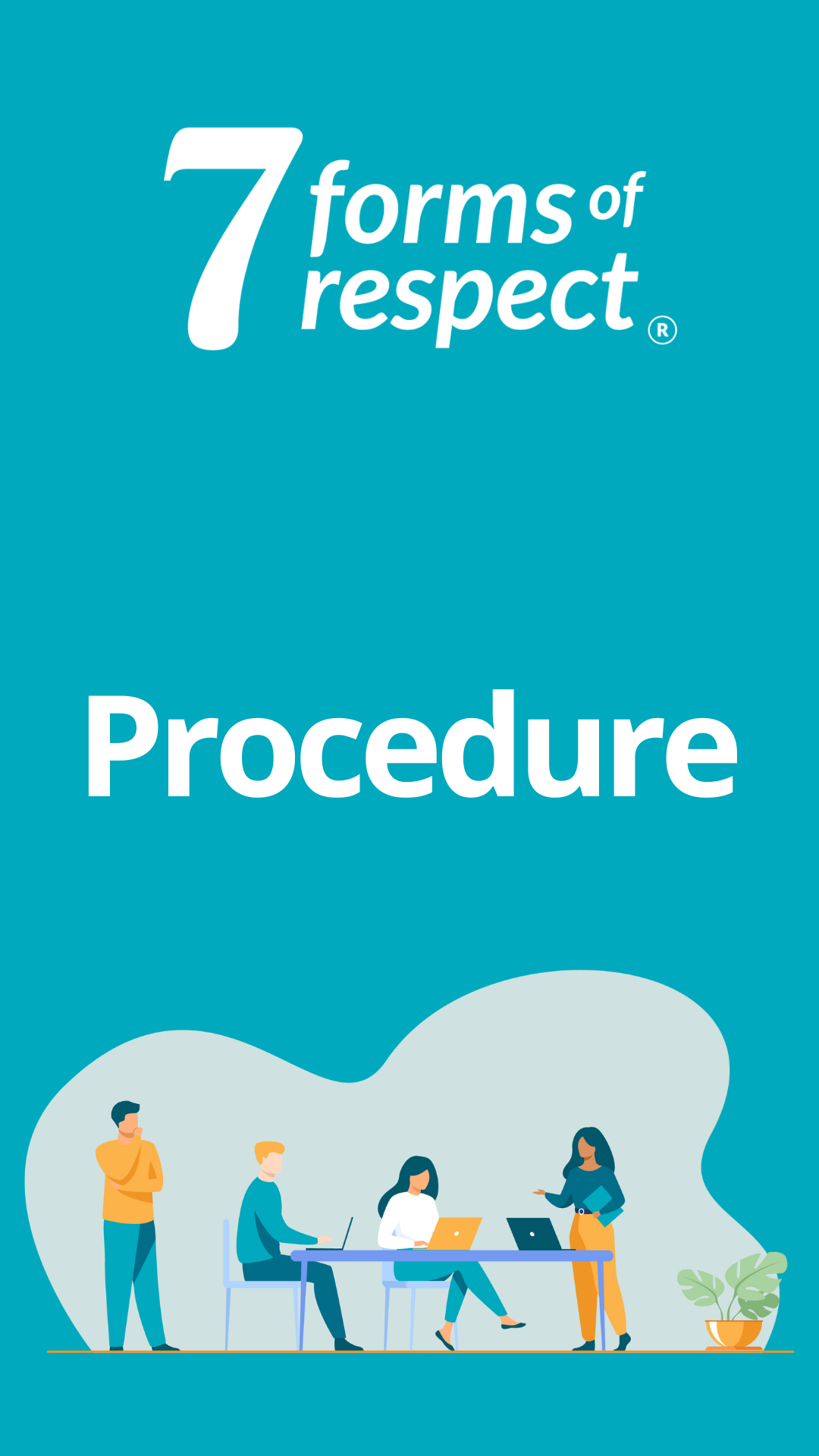

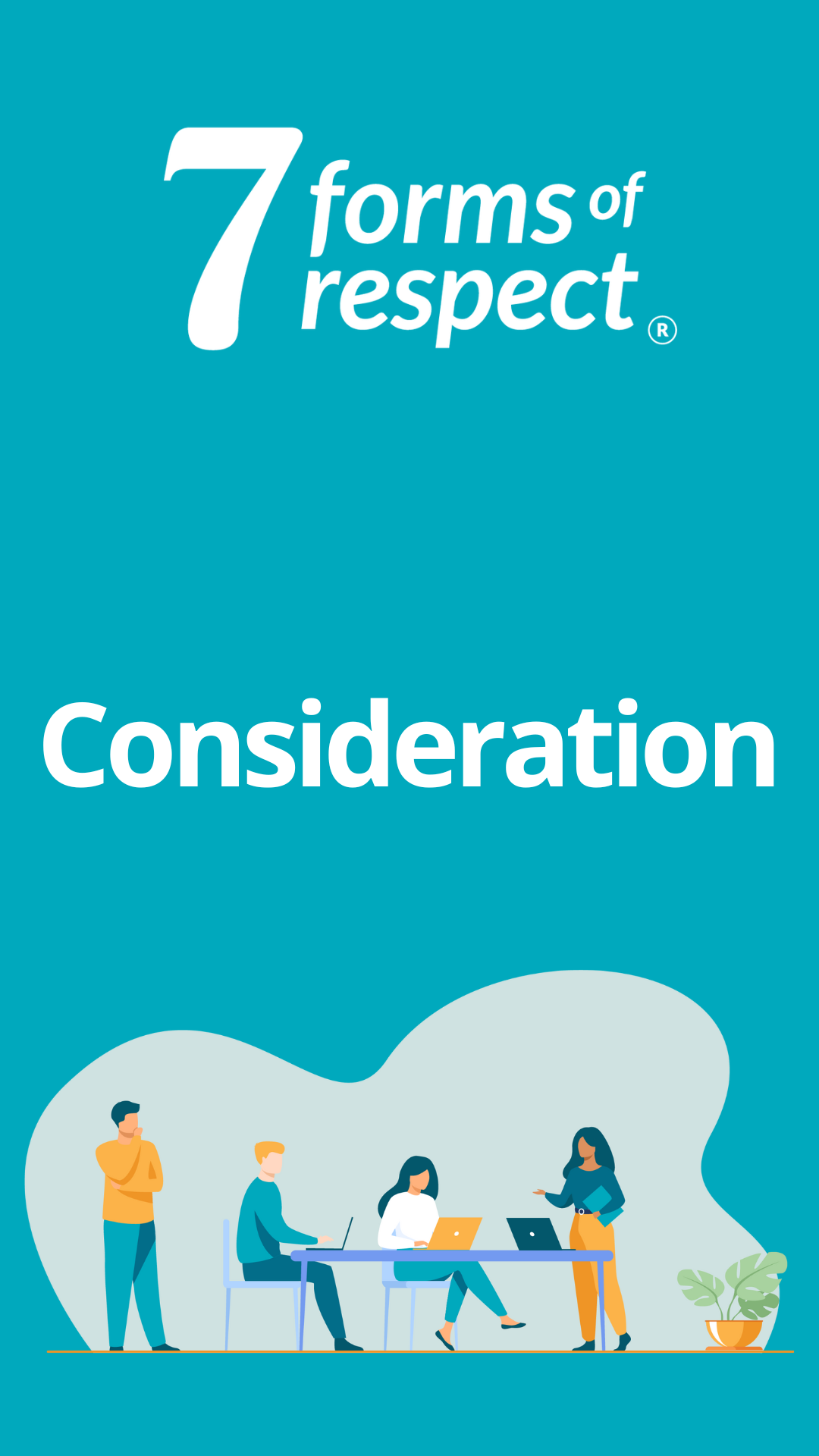
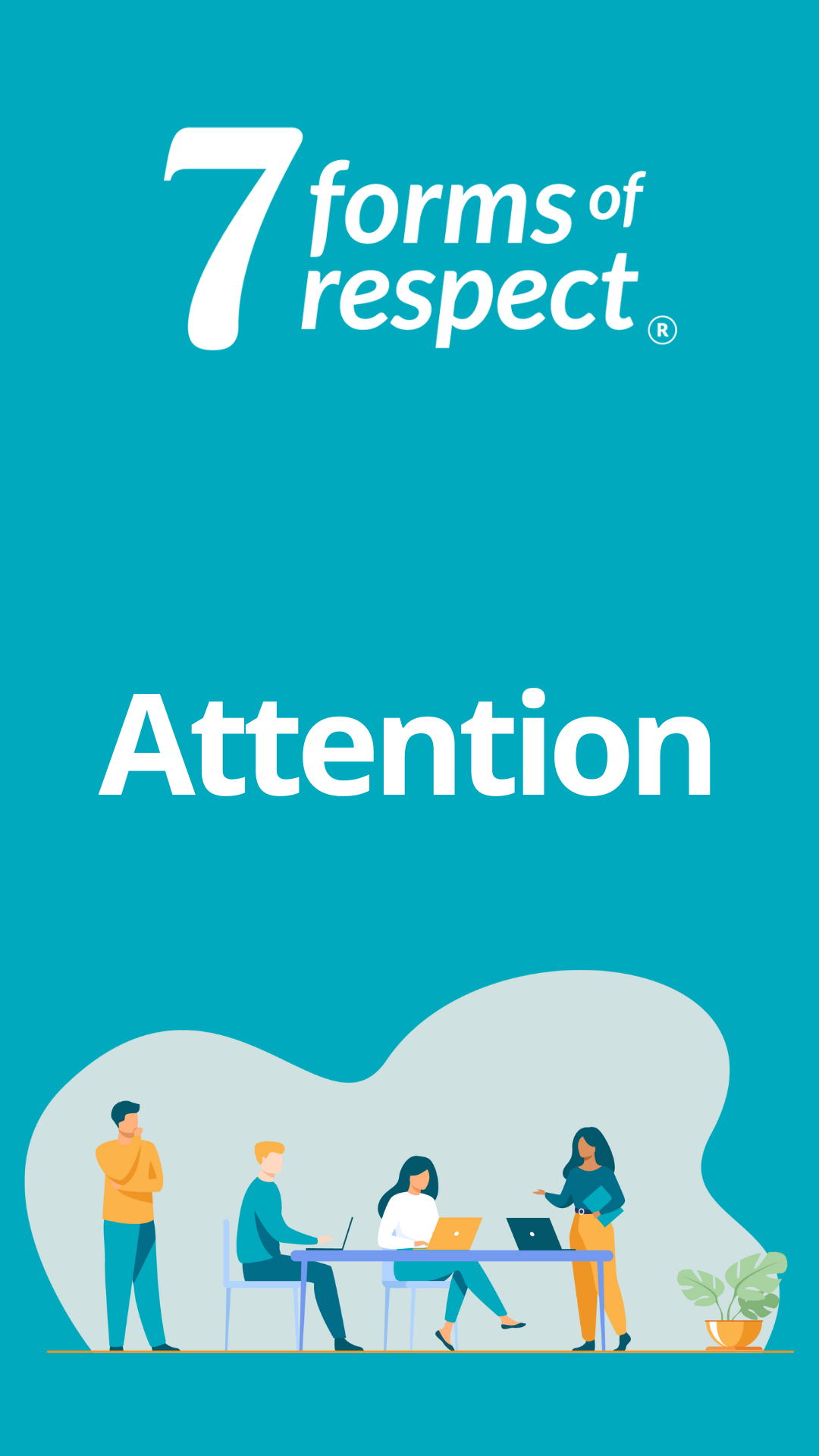


Leave a Reply